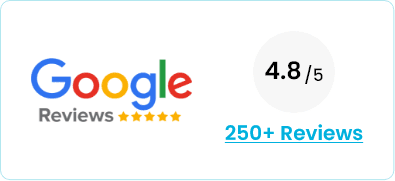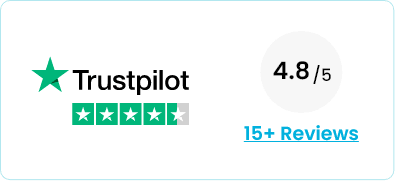React is a free and open-source JavaScript toolkit for developing UI components. Meta (previously Facebook) and developers and companies maintain it. Next.js may leverage React to build single-page, mobile, or server-rendered apps. React just manages state and renders it to the DOM, therefore constructing React apps requires other frameworks for routing and client-side functionality
React is a free and open-source JavaScript toolkit for developing UI components. Meta (previously Facebook) and developers and companies maintain it. Next.js may leverage React to build single-page, mobile, or server-rendered apps. React just manages state and renders it to the DOM, therefore constructing React apps requires other frameworks for routing and client-side functionality
React is a free and open-source JavaScript toolkit for developing UI components. Meta (previously Facebook) and developers and companies maintain it. Next.js may leverage React to build single-page, mobile, or server-rendered apps. React just manages state and renders it to the DOM, therefore constructing React apps requires other frameworks for routing and client-side functionality
React is a free and open-source JavaScript toolkit for developing UI components. Meta (previously Facebook) and developers and companies maintain it. Next.js may leverage React to build single-page, mobile, or server-rendered apps. React just manages state and renders it to the DOM, therefore constructing React apps requires other frameworks for routing and client-side functionality
React is a free and open-source JavaScript toolkit for developing UI components. Meta (previously Facebook) and developers and companies maintain it. Next.js may leverage React to build single-page, mobile, or server-rendered apps. React just manages state and renders it to the DOM, therefore constructing React apps requires other frameworks for routing and client-side functionality
React is a free and open-source JavaScript toolkit for developing UI components. Meta (previously Facebook) and developers and companies maintain it. Next.js may leverage React to build single-page, mobile, or server-rendered apps. React just manages state and renders it to the DOM, therefore constructing React apps requires other frameworks for routing and client-side functionality
React is a free and open-source JavaScript toolkit for developing UI components. Meta (previously Facebook) and developers and companies maintain it. Next.js may leverage React to build single-page, mobile, or server-rendered apps. React just manages state and renders it to the DOM, therefore constructing React apps requires other frameworks for routing and client-side functionality






